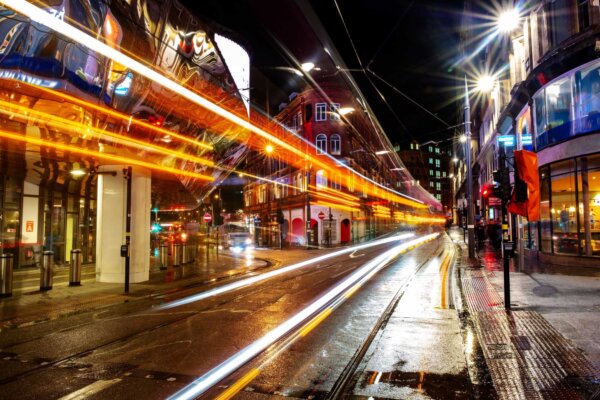Every year, National Grid’s Electricity System Operator (ESO) releases its Future Energy Scenarios (FES) report. It gives insights into how the energy market might evolve between now and 2050, and looks at the role that technology, consumers and policies will play in the journey to net zero. Encouragingly, three out of the four future scenarios they published in this year’s report see the UK reaching its net zero target by 2050 or earlier.
One of the key aims of this report was to determine which steps could be taken to enable the UK to meet the Sixth Carbon Budget, which requires an emissions reduction of 78% by 2035. The FES report highlights that we will only meet this goal – which has been enshrined into law – in the two most ambitious decarbonisation scenarios: ‘Leading the Way’ and ‘Consumer Transformation’. In both of these scenarios, there has been a huge shift in societal norms and energy infrastructure. For example, in ‘Leading the Way’ hydrogen is used to decarbonise some of the most challenging industrial processes, while the average home is heated by an electric heat pump in ‘Consumer Transformation’.
One thing that the report makes clear is that consumer engagement will make or break the UK’s net zero target. Within the two scenarios in which the UK meets its net zero and Carbon Budget targets, consumers have the support to change their behaviour by switching to electric vehicles, improving the energy efficiency of their buildings and participating in demand side response. Clearly, every business will need to play its part in helping the UK to reach net zero, and they need to take action today if we’re going to meet the Sixth Carbon Budget’s 2035 deadline.
If your business could use some support in becoming more sustainable, whether that’s by switching to zero carbon, 100% renewable electricity, or optimising your energy usage, our team is here to help – click here to find out more. You can also read the full FES report here.


